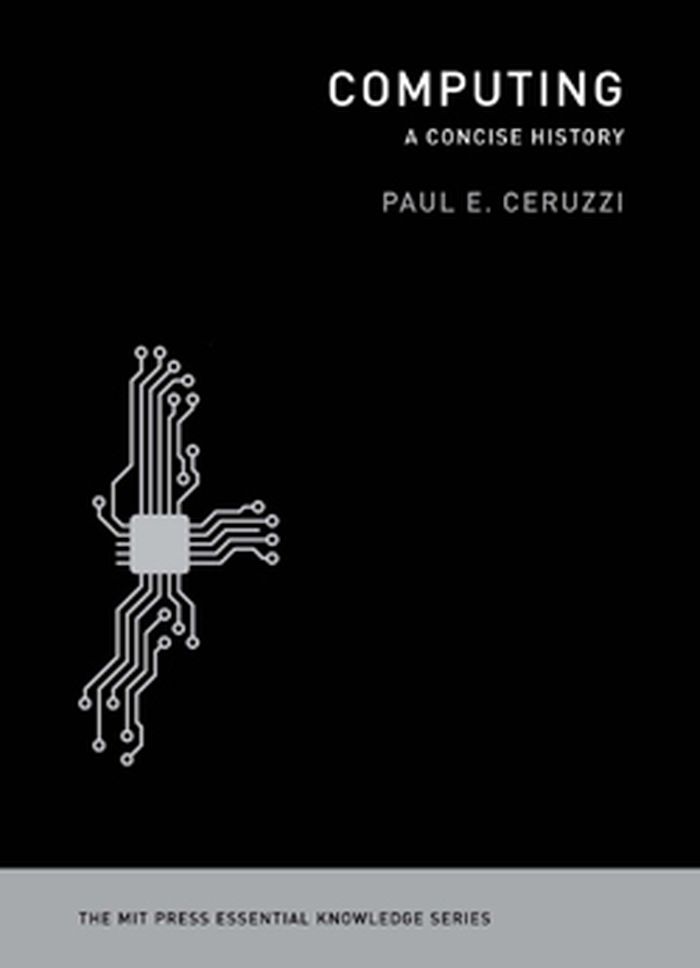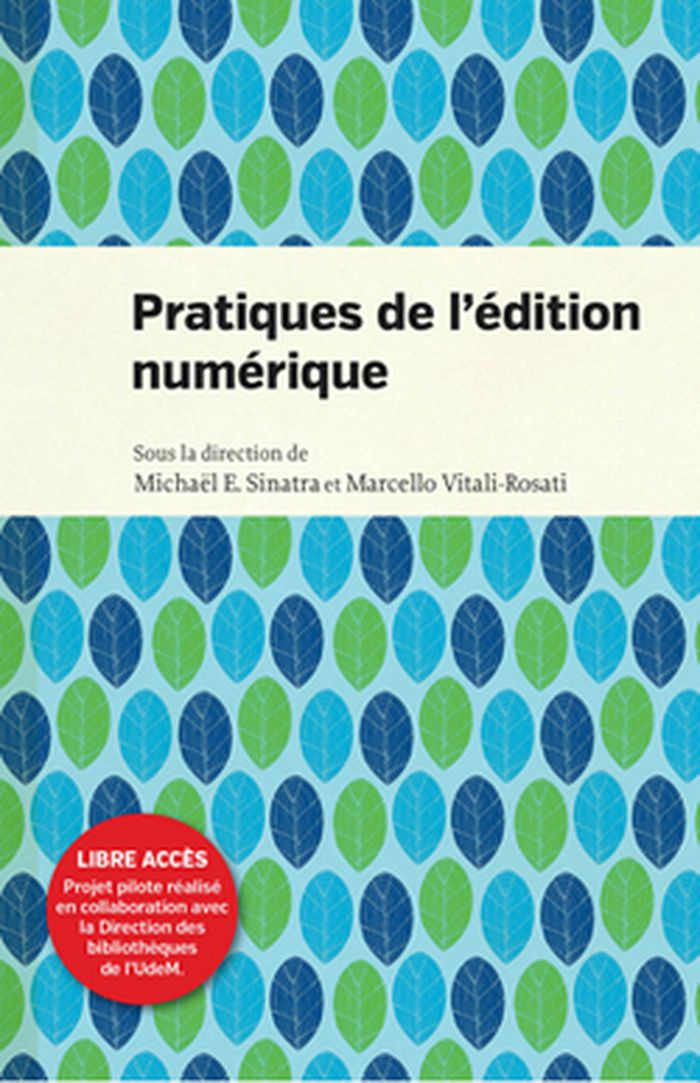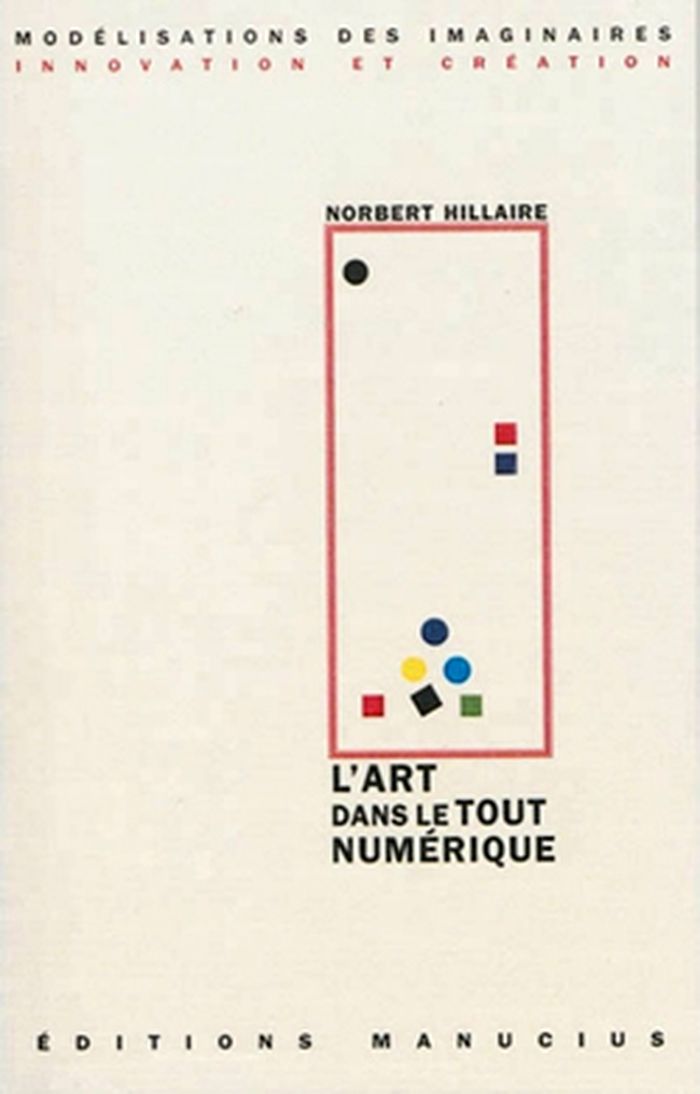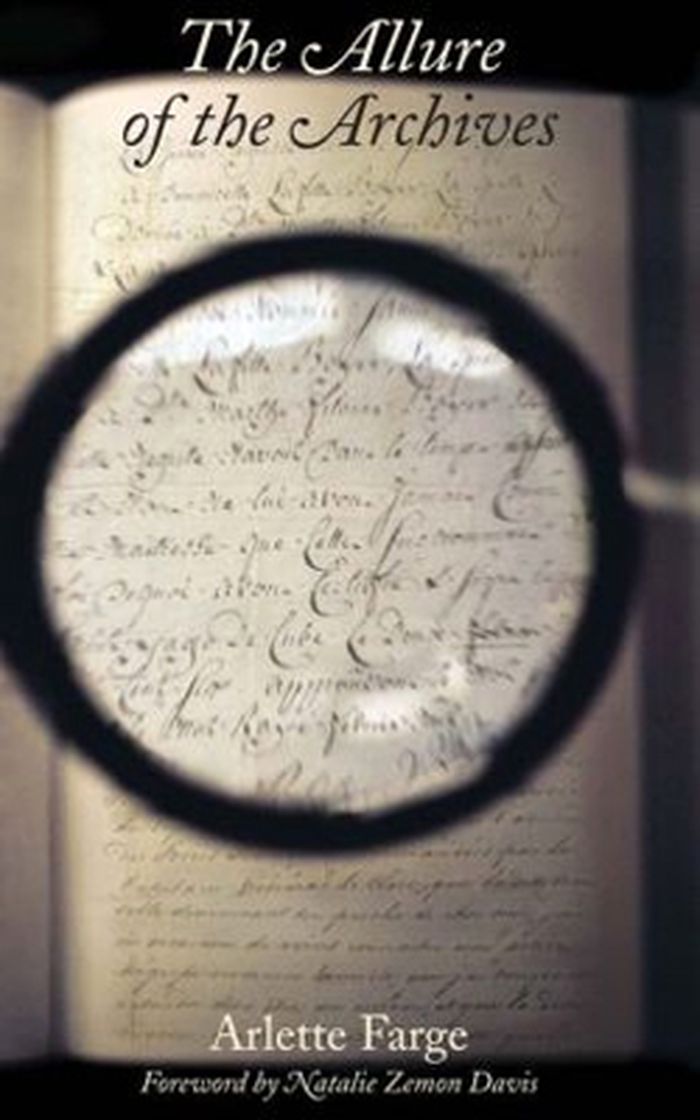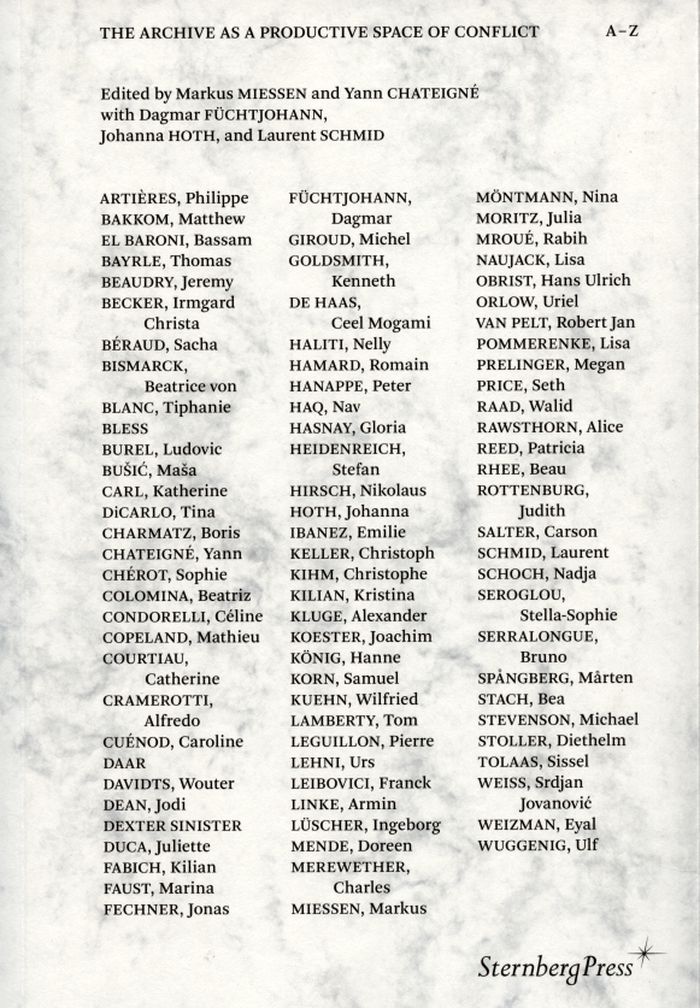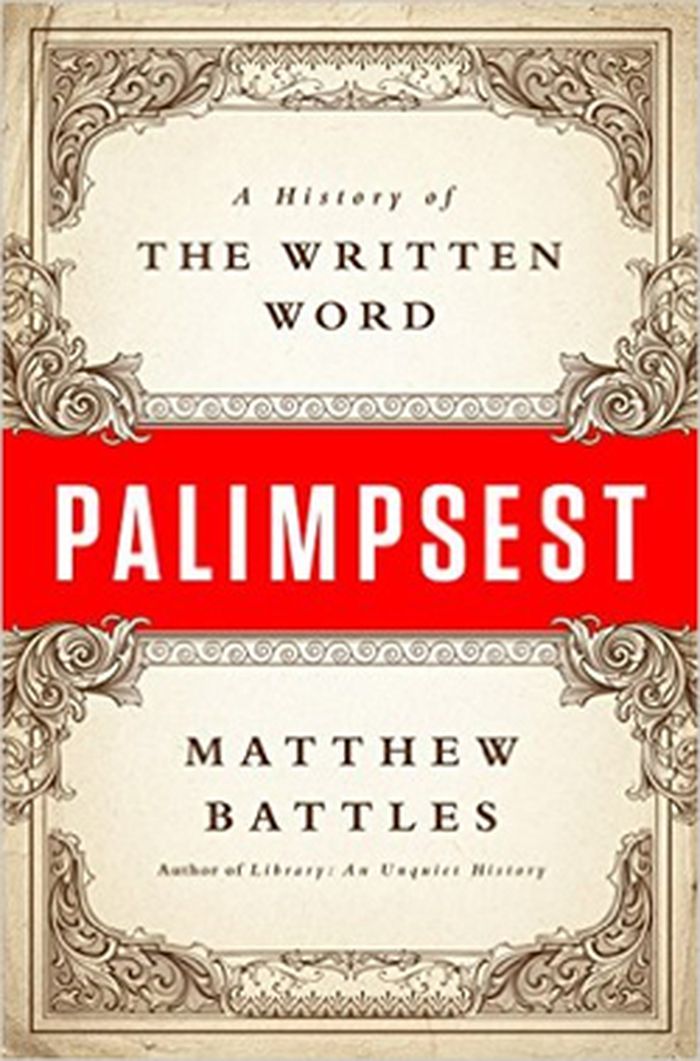livres
$47.00
(disponible sur commande)
Résumé:
In The Second Self, Sherry Turkle looks at the computer not as a "tool," but as part of our social and psychological lives; she looks beyond how we use computer games and spreadsheets to explore how the computer affects our awareness of ourselves, of one another, and of our relationship with the world. "Technology," she writes, "catalyzes changes not only in what we do(...)
janvier 2005
The second self: computers and the human spirit
Actions:
Prix:
$47.00
(disponible sur commande)
Résumé:
In The Second Self, Sherry Turkle looks at the computer not as a "tool," but as part of our social and psychological lives; she looks beyond how we use computer games and spreadsheets to explore how the computer affects our awareness of ourselves, of one another, and of our relationship with the world. "Technology," she writes, "catalyzes changes not only in what we do but in how we think." First published in 1984, The Second Self is still essential reading as a primer in the psychology of computation. This twentieth anniversary edition allows us to reconsider two decades of computer culture--to (re)experience what was and is most novel in our new media culture and to view our own contemporary relationship with technology with fresh eyes.
livres
janvier 2005
$15.95
(disponible sur commande)
Résumé:
The history of computing could be told as the story of hardware and software, or the story of the Internet, or the story of "smart" hand-held devices, with subplots involving IBM, Microsoft, Apple, Facebook, and Twitter. In this concise and accessible account of the invention and development of digital technology, computer historian Paul Ceruzzi offers a broader and more(...)
juin 2012
Computing : a concise history
Actions:
Prix:
$15.95
(disponible sur commande)
Résumé:
The history of computing could be told as the story of hardware and software, or the story of the Internet, or the story of "smart" hand-held devices, with subplots involving IBM, Microsoft, Apple, Facebook, and Twitter. In this concise and accessible account of the invention and development of digital technology, computer historian Paul Ceruzzi offers a broader and more useful perspective.
$14.95
(disponible sur commande)
Résumé:
L’apparition du numérique a entraîné ces dernières années une transformation profonde des modèles de production et de circulation des livres, qui ont peu changé depuis le XVIIIe siècle. Le web, en particulier, a provoqué une remise en question du sens même du partage des connaissances : d’une économie de la rareté, nous sommes passés à la surabondance. Auparavant, une(...)
novembre 2014
Pratique de l'édition numérique
Actions:
Prix:
$14.95
(disponible sur commande)
Résumé:
L’apparition du numérique a entraîné ces dernières années une transformation profonde des modèles de production et de circulation des livres, qui ont peu changé depuis le XVIIIe siècle. Le web, en particulier, a provoqué une remise en question du sens même du partage des connaissances : d’une économie de la rareté, nous sommes passés à la surabondance. Auparavant, une poignée d’institutions centralisatrices, privées et publiques, étaient garantes du choix, de l’évaluation et de la distribution des contenus ; aujourd’hui, il n’y a plus de systèmes de légitimation, ou alors ils sont déstructurés. Après avoir fait le constat de la crise de ces modèles et de la difficulté d’en proposer de nouveaux, ce livre présente les enjeux et les défis complexes du nouveau monde de l’édition numérique.
$11.95
(disponible sur commande)
Résumé:
Nous sommes en 1763. L'un des maîtres de la correspondance s'adresse ici à monsieur de Sartine, son vieil ami, alors directeur de la Librairie. Et c'est un véritable plaidoyer pour la défense du Libraire-Éditeur. Il s'interroge d'abord sur le lien entre le commerce et la littérature et décrit avec soin, mais sans la condamner, la transformation de la valeur littéraire en(...)
janvier 2015
Lettre historique & politique adressée à un magistrat sur le commerce de la librairie
Actions:
Prix:
$11.95
(disponible sur commande)
Résumé:
Nous sommes en 1763. L'un des maîtres de la correspondance s'adresse ici à monsieur de Sartine, son vieil ami, alors directeur de la Librairie. Et c'est un véritable plaidoyer pour la défense du Libraire-Éditeur. Il s'interroge d'abord sur le lien entre le commerce et la littérature et décrit avec soin, mais sans la condamner, la transformation de la valeur littéraire en valeur mercantile. Ce faisant, il lie le sort de la littérature à celui de l'édition. Il plaide en faveur d'un fonds de librairie, celui qui s'écoule lentement, en équilibre avec les ventes plus rapides. Au fil d'une véritable enquête, il démontre par là même au lecteur contemporain que les problèmes qui se posent aujourd'hui au libraire ou à l'éditeur sont loin d'être récents, bien qu'ils se posent aujourd’hui plus que jamais.
L'art dans le numérique
$7.95
(disponible sur commande)
Résumé:
Cet essai rend compte des mutations qui se sont opérées depuis plus de vingt ans, dans les relations entre les arts et les technologies. Il s’appuie sur trois publications dont l’auteur fut le coordonnateur pour la revue Art Press, et qui, situées chacune à dix ans de distance, permettent de jalonner de quelques repères cette histoire qui en un sens ne fait que commencer.(...)
février 2015
L'art dans le numérique
Actions:
Prix:
$7.95
(disponible sur commande)
Résumé:
Cet essai rend compte des mutations qui se sont opérées depuis plus de vingt ans, dans les relations entre les arts et les technologies. Il s’appuie sur trois publications dont l’auteur fut le coordonnateur pour la revue Art Press, et qui, situées chacune à dix ans de distance, permettent de jalonner de quelques repères cette histoire qui en un sens ne fait que commencer. L’art n’a de cesse de promouvoir sa liberté nouvelle, son autonomie par rapport aux divers pouvoirs - y compris celui de la technique - qui n’ont cessé de chercher à encadrer son devenir. Nous sommes entre deux visions conflictuelles des rapports de l’art et de la science/technique et en un sens, c’est sur ce malentendu que n’en finit pas de rouler l’histoire contrariée des relations entre art contemporain et art numérique.
$48.95
(disponible sur commande)
Résumé:
From Greek and Roman times to the digital era, the library has remained central to knowledge, scholarship, and the imagination. Generously illustrated, The Meaning of the Library examines this key institution of Western culture. Tracing what the library has meant since its beginning, examining how its significance has shifted, and pondering its importance in the(...)
The meaning of the library: a cultural history
Actions:
Prix:
$48.95
(disponible sur commande)
Résumé:
From Greek and Roman times to the digital era, the library has remained central to knowledge, scholarship, and the imagination. Generously illustrated, The Meaning of the Library examines this key institution of Western culture. Tracing what the library has meant since its beginning, examining how its significance has shifted, and pondering its importance in the twenty-first century, significant contributors—including the librarian of the Congress and the former executive director of the HathiTrust—present a cultural history of the library.
The allure of the archive
$24.95
(disponible sur commande)
Résumé:
Arlette Farge’s Le Goût de l’archive is widely regarded as a historiographical classic. While combing through two-hundred-year-old judicial records from the Archives of the Bastille, historian Farge was struck by the extraordinarily intimate portrayal they provided of the lives of the poor in pre-Revolutionary France, especially women. She was seduced by the sensuality of(...)
The allure of the archive
Actions:
Prix:
$24.95
(disponible sur commande)
Résumé:
Arlette Farge’s Le Goût de l’archive is widely regarded as a historiographical classic. While combing through two-hundred-year-old judicial records from the Archives of the Bastille, historian Farge was struck by the extraordinarily intimate portrayal they provided of the lives of the poor in pre-Revolutionary France, especially women. She was seduced by the sensuality of old manuscripts and by the revelatory power of voices otherwise lost. In The Allure of the Archives, she conveys the exhilaration of uncovering hidden secrets and the thrill of venturing into new dimensions of the past.
$52.95
(disponible sur commande)
Résumé:
The applied research project from University of Arts and Design, Karlsruhe, and resulting publication, ''The Archive as a Productive Space of Conflict'' examines archival practice and its spatial repercussions in an open conversation among over 80 artists, architects, writers, theorists, educators, designers and others. What are the spaces involved in making archives(...)
mars 2015
The archive as a productive space of conflict
Actions:
Prix:
$52.95
(disponible sur commande)
Résumé:
The applied research project from University of Arts and Design, Karlsruhe, and resulting publication, ''The Archive as a Productive Space of Conflict'' examines archival practice and its spatial repercussions in an open conversation among over 80 artists, architects, writers, theorists, educators, designers and others. What are the spaces involved in making archives productive? Conventional archives tend to define themselves through content-specific accumulation of matter, subscribing to an existing order.
Library: An Unquiet History
$18.95
(disponible sur commande)
Résumé:
Through the ages, libraries have not only accumulated and preserved but also shaped, inspired, and obliterated knowledge. Now they are in crisis. Former rare books librarian and Harvard MetaLAB visionary Matthew Battles takes us from Boston to Baghdad, from classical scriptoria to medieval monasteries and on to the Information Age, to explore how libraries are built and(...)
mars 2015
Library: An Unquiet History
Actions:
Prix:
$18.95
(disponible sur commande)
Résumé:
Through the ages, libraries have not only accumulated and preserved but also shaped, inspired, and obliterated knowledge. Now they are in crisis. Former rare books librarian and Harvard MetaLAB visionary Matthew Battles takes us from Boston to Baghdad, from classical scriptoria to medieval monasteries and on to the Information Age, to explore how libraries are built and how they are destroyed: from the scroll burnings in ancient China to the burning of libraries in Europe and Bosnia to the latest revolutionary upheavals of the digital age. A new epilogue elucidates the preservation of knowledge amid the creative destruction of twenty-first century technology. 10 illustrations.
$32.00
(disponible sur commande)
Résumé:
A meditation on the history of writing, from Mesopotamia to multimedia.
Palimpsest : a history of the written word
Actions:
Prix:
$32.00
(disponible sur commande)
Résumé:
A meditation on the history of writing, from Mesopotamia to multimedia.
